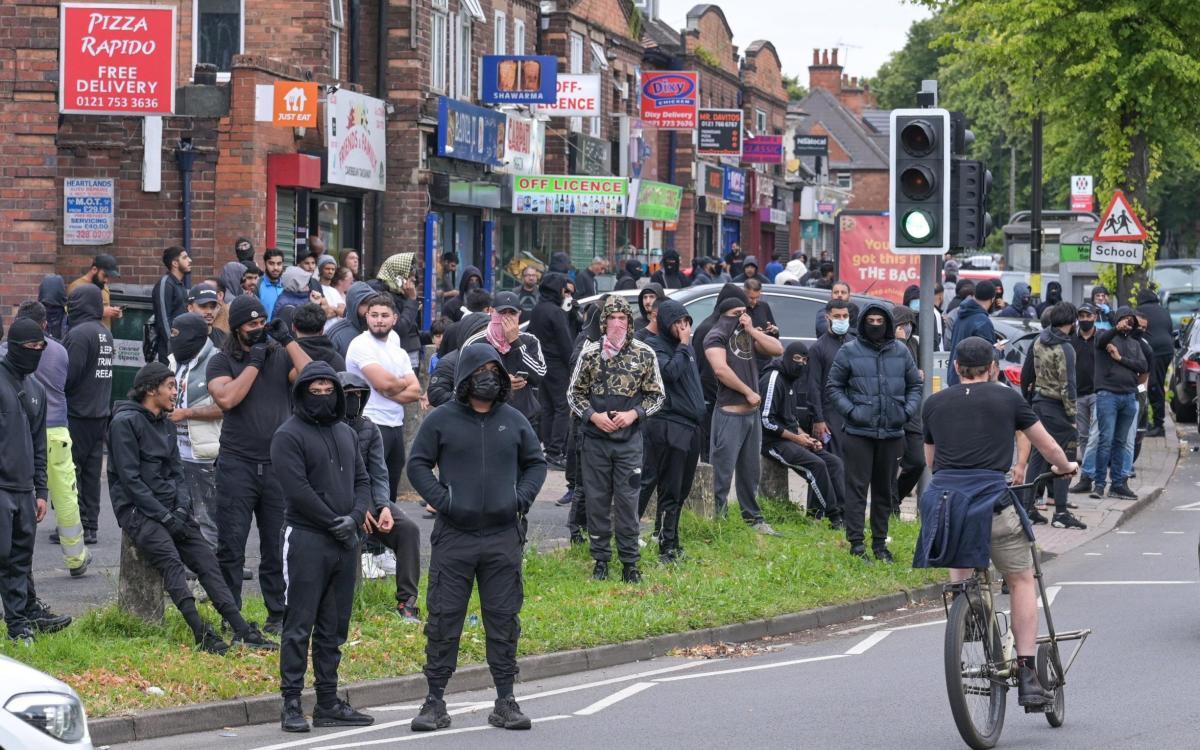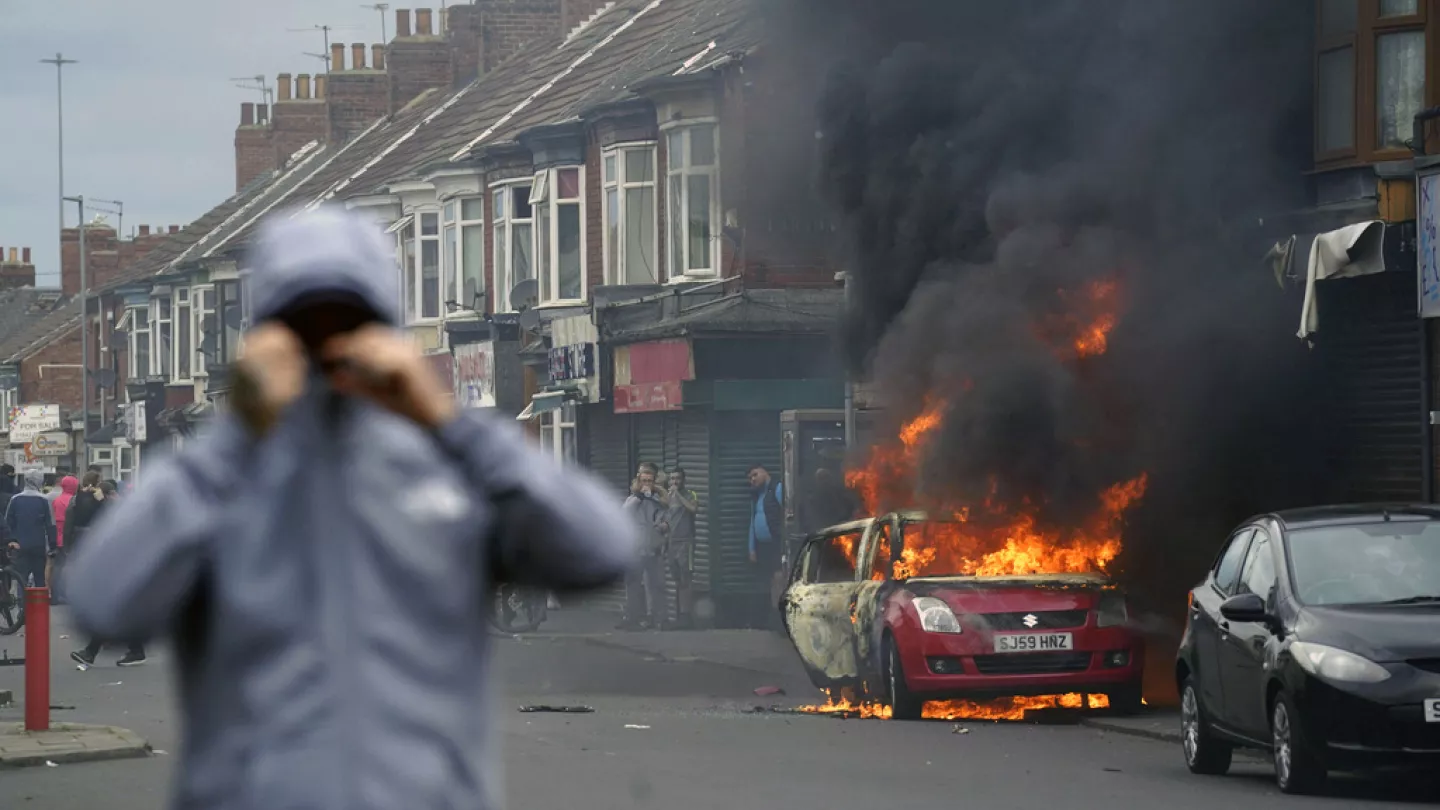Stephanie Alice Baker, a sociology scholar at the University of London, suggests that recent violence in the UK is linked to deeper, underlying issues rather than being solely driven by social media. According to Baker, while social media played a role in the riots, its impact was largely symbolic.
It facilitated the expression of solidarity among individuals but did not directly cause the unrest. Instead, the violence reflects a long-standing, latent problem within British society.
Baker points to the xenophobic nature of the unrest, which she attributes to a sense of “denied freedoms” and perceived threats to British sovereignty. She argues that rising nationalism and feelings of being left behind are central to the unrest. The sense that national sovereignty is being undermined has contributed to the violence, which she believes is a manifestation of broader social grievances.

Expert Links UK Riots to Rising Nationalism and Perceived Loss of Freedoms
The recent violence coincides with significant issues such as increased immigration and a cost of living crisis. These factors have exacerbated public grievances, leading to a backlash against perceived outsiders. The negative emotions and frustrations experienced by many are projected onto immigrants and other “others,” fueling the unrest.
The immediate catalyst for the violence appears to be misinformation spread by right-wing activists on social media about a knife attack at a Taylor Swift-themed dance event. The misinformation has inflamed tensions and led to violent clashes with police across numerous UK towns and cities, including London, Manchester, and Liverpool.
The situation has escalated into one of the worst periods of unrest in recent years, resulting in hundreds of arrests. The UK government is responding by deploying specialized police forces and pledging to enforce the law rigorously against the rioters.











































